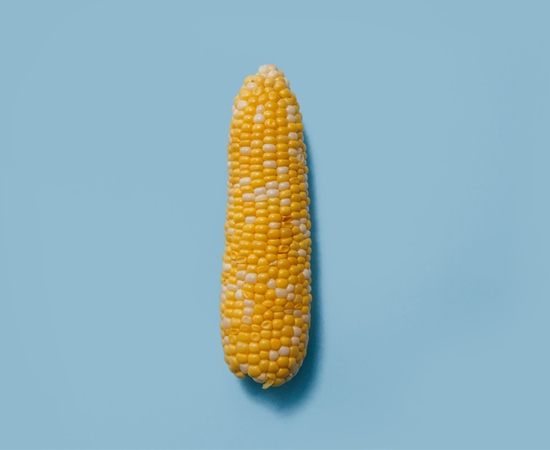
Institute for Advanced Study, Northrop, and University Honors Program Present
Deepak Ray: Senior Research Scientist and Fellow, Institute on the Environment, University of Minnesota
Valentine Cadieux: Professor of Environmental Studies and Anthropology and Director of the Center for Justice and Law, Hamline University
Moderated by Michael Corey: Geospatial, Technical and Data Lead, Mapping Prejudice
Despite the fact that we harvest more crop calories worldwide than ever before, researchers project that we are likely to fall short of the UN’s food security goals by 2030. Together, research scientist Deepak Ray and geographer Valentine Cadieux will unpack data showing how and why the use of harvested crops has changed over time, including how climate change is already impacting production of the world’s major crops. They will also look at community-driven food security efforts, including how small urban farms are changing how we understand the future of agricultural resilience. As they address the big questions facing agriculture and the food system, our panelists will discuss what it could mean if we reorient our sustainability goal from “how do we feed the world?” to “how can people feed each other?”
ABOUT THE SPOTLIGHT SERIES
The University of Minnesota Spotlight Series is a collaborative partnership between the Institute for Advanced Study, Northrop, and University Honors Program to present lectures, panel discussions, exhibits, and other events throughout the academic year around timely topics of interest. The six-part 2022-23 series will focus on how data—their collection, analysis, and the research questions that rely on them—connect to the deeply personal lived experiences of individual human beings and to the human condition at large. Events are Thu 3:30-5:00 pm CT and may be attended in Northrop’s Best Buy Theater or online via Zoom. Q&A sessions will follow each event.
The Spotlight Series is presented as part of the IAS Thursdays series from the Institute for Advanced Study. This event is presented in partnership with the Institute on the Environment.
ABOUT THE PRESENTERS
Deepak Ray: DKR received his PhD in Atmospheric Science from the University of Alabama in Huntsville where he studied the impact of land use change on the climate of biodiversity hotspots using satellite remote sensing and climate modeling. He then built models to predict land use change at Purdue University before joining the Institute on the Environment at the University of Minnesota where he first built high-resolution global crop statistics to understand crop productivity trends and global food security. He has published his findings in many of the top scientific journals including in the Nature group of journals and written about his findings in the popular press. Several of his publications have received more than a thousand citations each. His recent publication in Nature Food explores the issue for what intended use we harvest crops and what this means for achieving the UN SDG of food security for all by 2030.
Valentine Cadieux is grateful to be in community with a circle of learners and organizers growing and sharing food in the Twin Cities: in the Urban Farm and Garden Alliance, the Twin Cities Community Agricultural Land Trust, the Minnesota Agrarian Commons and other interwoven circles, including at Hamline University, teaching community food systems and environmental justice and sustainability. As an artist, learner, grower, neighbor, and peacemaker, Valentine is focused on mending, especially in spaces of urban community economic resistance, reimagination, and repair of land relationships. Commons and cooperative economic relationships are the center of these repairs—including community-led education of policy makers, peer-to-peer reciprocal support, and systems-change and code-switching translation work between “community wealth” as understood in our communities’ conversations and “regional (or global) economic development” as described in the language of people in power and governance roles.
Michael Corey is the Geospatial, Technical and Data Lead / Associate Director for Mapping Prejudice. Michael is in charge of developing and maintaining Mapping Prejudice's technical workflows, which use crowdsourcing to identify racially restrictive housing covenants on properties in Minnesota and beyond. Before transitioning to public history, Michael spent 20 years as a journalist and data journalist at the Star Tribune, Reveal from the Center for Investigative Reporting and the Des Moines Register. His journalism spanned zoning and segregation, mortgage disparities, the U.S.-Mexico border fence system, human-induced earthquakes, and sexual abuse in the Catholic Church. He is also a graduate student in the University of Minnesota's Heritage Studies and Public History program.
RELATED LINKS
- United Nations, Sustainable Development Goals: Goal 2, Zero Hunger
- ”Despite significant crop harvests, we will fall short of UN food security goal”: Deepak Ray profiled via the Institute on the Environment
- Selected works of Valentine Cadieux
- IAS Staff also recommends: “Corn Tastes Better on the Honor System,“ essay by Robin Wall Kimmerer (Emergence Magazine)
Image Credit: Charles Deluvio, Unsplash
